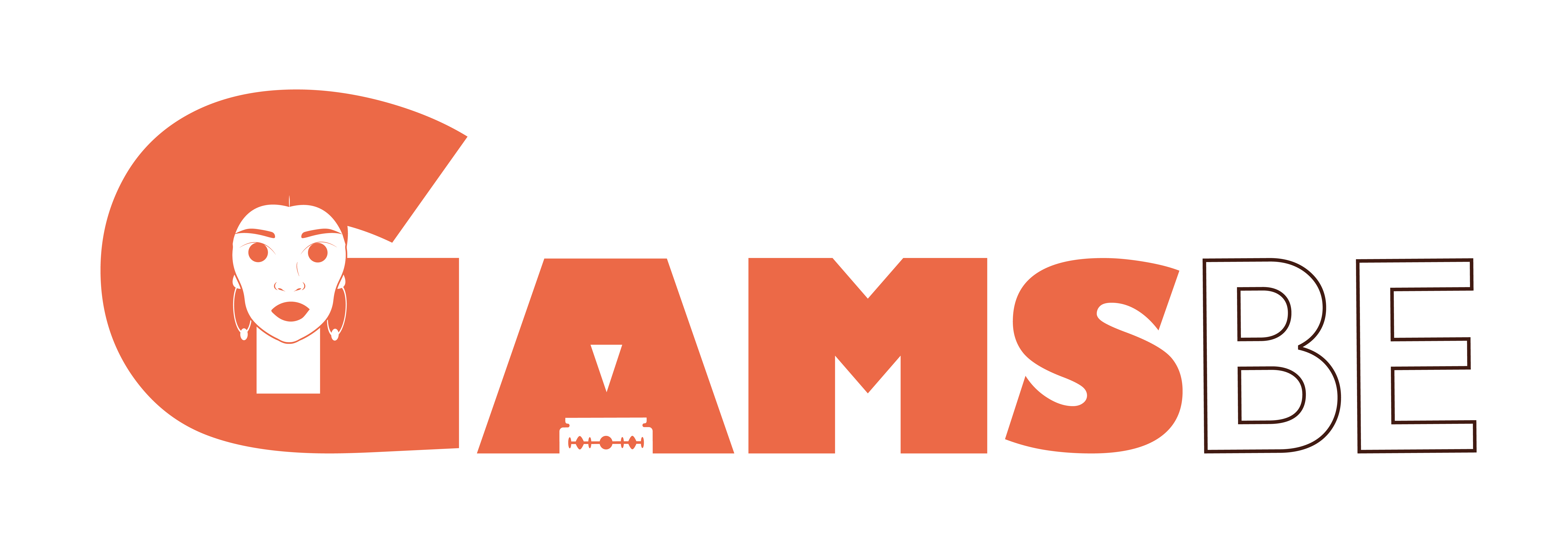Mental health in the migratory context and confinement
A relaxation tool
As part of the “My Life Behind the Masks” project, GAMS Belgium in partnership with Care4Refugees has translated a series of online breathing and relaxation exercises into various sub-Saharan African languages.
During this period of social isolation, this free and accessible tool contributes to the overall well-being of individuals undergoing psychological follow-up and anyone, migrant or not, who wishes to use it.
Mental health and migration
Psychological support impacted by the pandemic
The coronavirus (COVID-19) and confinement affect everyone, but migrants are sometimes more vulnerable and face barriers. The health crisis brings about questions and stress, especially challenging to manage in migration situations, living in reception centers for asylum seekers, or in precarious residence situations (“undocumented”) in occupations…
GAMS Belgium is concerned about the mental health and well-being of the individuals it accompanies and migrants in general. The continuity and modalities of psychological care usually provided by appointment in our premises have been affected.
A free and accessible relaxation tool
The first series of relaxation exercises has been made available online by Care4Refugees
Click on the language of your choice and download the file containing all the relaxation tools:
• French
• English
• Dutch
• German
• Arabic
• Portuguese
• Russian
• Serbo-Croatian
• Pashto
Translated into the languages of our target audience
On the initiative of GAMS Belgium in collaboration with Care4Refugees and with the support of Alter Egales (Wallonia Brussels Federation) and the King Baudouin Foundation, some exercises have been translated in writing and recorded in languages suitable for our target audience originating from East and West Africa.
This tool can be directly used by women themselves or by professionals during sessions
Charlotte Royen, a psychologist at the GAMS Belgium branch in Liège, testifies:
“The relaxation sessions are used on a case-by-case basis. All my patients have experienced trauma and therefore exhibit symptoms of daily stress. Stress causes a shallow, superficial, and irregular breath. Unlike abdominal breathing when relaxed, this chest-high breathing leads to chronic tension. By becoming aware of our breath to make it more peaceful, we release a quantity of tension and emotional trauma. We become more sensitive to our internal states and gain more control over them. Through relaxation exercises, by voluntarily changing the rhythm, mode, and depth of our breathing, we modify the messages sent to the brain. These exercises can gradually bring mastery over emotions and certain physiological stress-related reactions. Indeed, voluntary abdominal breathing stimulates the parasympathetic nervous system, which promotes relaxation and regeneration.”





